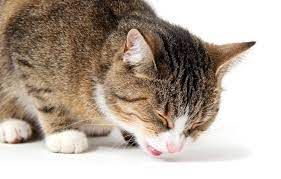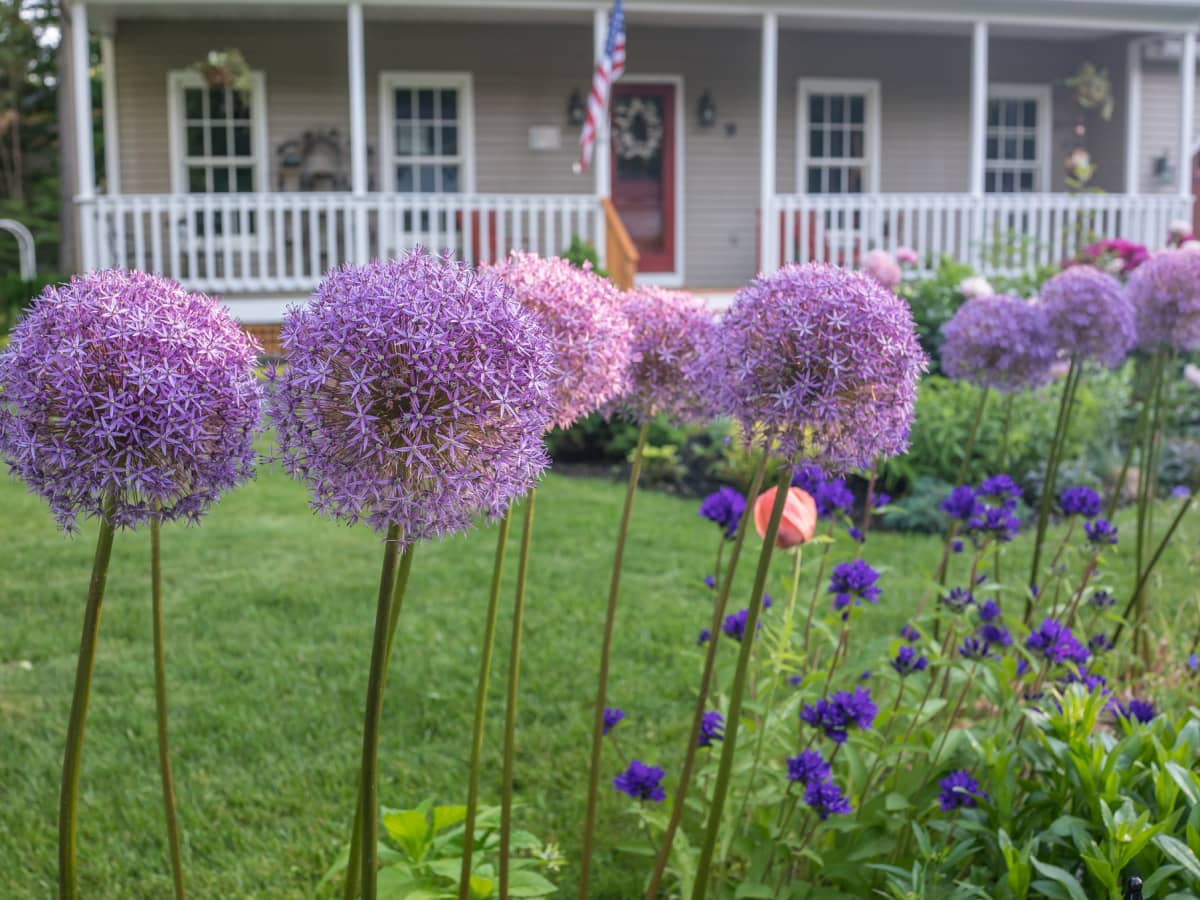Poms, also known as spray mums or pompons, is a type of mum flowers that are loved for their fragrance and aesthetic appeal.
These flowers are in the same genetic family as daisies and chrysanthemums.
Pom flowers also grow as a perennial weed and produce bright purple flowers.
If you are a pet parent, you want to ensure you don’t have any potted plants or weeds that might be toxic to your feline friends.
So, you will want to know if poms are toxic to your cat. Keep reading to find out the answer to this and more.
Are Poms Poisonous?
Poms are toxic and can lead to death if consumed by your cat. There are several varieties of poms including:
- Spray Pompon: This is a type of pompon that has several flowers on each stem
- Cushion Pompon: This is a type of pompon that has average-sized petals but has no center button
- Daisy Pompon: This is a type of pompon that has average-sized petals with a button at the center.
- Novelty Pompon: As the name suggests, this refers to all novelty shapes and colors with an exception of pink, yellow, and white.
- Spider Pompon : This is a type of pompon that has long petals but has no button in the middle
- Button Pompon: This refers to Dutch and Holland type novelty pompons
All these varieties are toxic and should not be consumed by both humans and animals.
The main problem is that these flowers contain cyanide which when consumed can poison the cat.
Cyanide (also known as prussic acid or hydrocyanic acid) is a rapidly acting toxin that affects all mammals. This is the main lethal ingredient used by exterminators for pest control.
Both leaves and stems of the flower contain cyanide although the cyanide levels in the leaves is almost 25 times more than in the stems.
Consequently, the young shoots have significantly higher levels of cyanide.
How Does The Vet Treat Cyanide Poisoning?
Because of the rapid action of cyanide, a cat that consumes pompom should be taken to the vet immediately.
The vet will treat your cat by offering treatment that will re-establish the transportation of oxygen to the cellular level.
This is typically done by intravenously injecting sodium nitrate which will then react with cyanide to form cyanmethemoglobin.
Another injection will also be administered containing thiosulfate which will then convert the cyanmethemoglobin to thiocyanate which is less toxic.
The thiocyanate is then safely excreted through urine.
What Happens When A Cat Eats A Pom?

As we have already established, poms are toxic and this means they will poison a cat that consumes them.
There are some initial signs that your cat will exhibit which can indicate they have consumed a pom or some other toxic substance. These signs include vomiting, dermatitis, excessive salivation, diarrhea, and loss of coordination.
The cat may also be lethargic and lose appetite even for her tasty treats.
If you see any of these signs, or if you saw your cat eat the pom, call your vet immediately.
It might be helpful if you can take a sample of the suspect plant to your vet as well as that might help with diagnosis and treatment.
Which Flowers Are Not Poisonous To Cats?
Yes, poms are toxic but that doesn’t mean you should avoid flowers altogether.
There are lots of flowers that are safe for your cats and other pets.
The pet-safe flowers as recommended by PetMD include Madagascar Jasmine, Sunflowers, Statice, Alstroemeria, Snapdragon, Roses, Orchid, Lisianthus, Liatris, Gerber Daisies, Freesia, and Asters among others.
Final Thoughts
No pet parent wants to see their four-legged friend in pain – and it can be quite confusing and traumatizing to see your cat suffering after consuming a poisonous substance.
Since we have established that poms are poisonous, it is a good idea to eliminate them from your house and yard to make sure your pet won’t accidentally consume it.
You can instead plant flowers that are nontoxic to pets. And in the unlikely event that your kitty eats a pom, rush her to the vet immediately.
The vet will treat the cat and she will be back to her normal self again. However, if you decide to wait and see, the kitty might succumb to the poisoning.
Acting fast will not only save your feline friend from pain and death but also save you time and money in the treatment.

Hi! I am Eleanor Price. I started this website after my cat, Louie, almost died from a case of botulism (a type of food poisoning often caused by bacteria that grow on food items). Turned out that my cat’s diet was the problem. I have made it my duty to provide the best information and recommendations about everything cat lovers need to know about their felines’ health and wellbeing. My goal is to find the most informative content on anything feline-related and share it with fellow hardworking kitty lovers.

